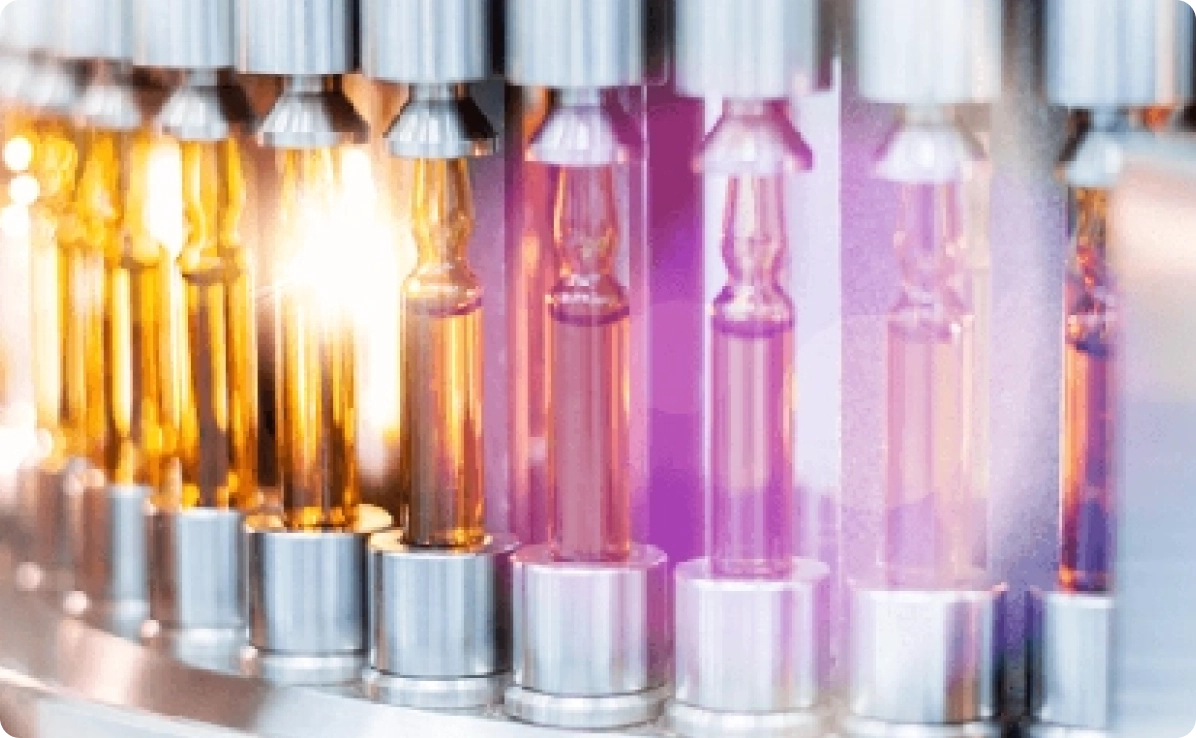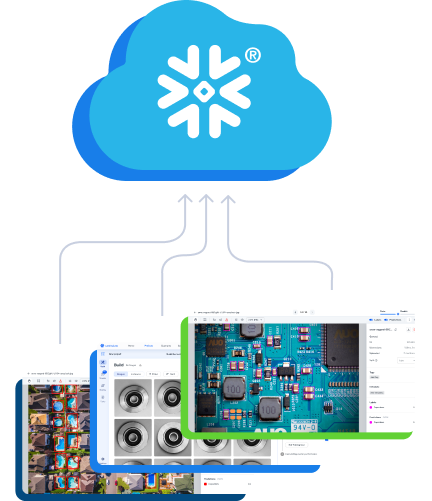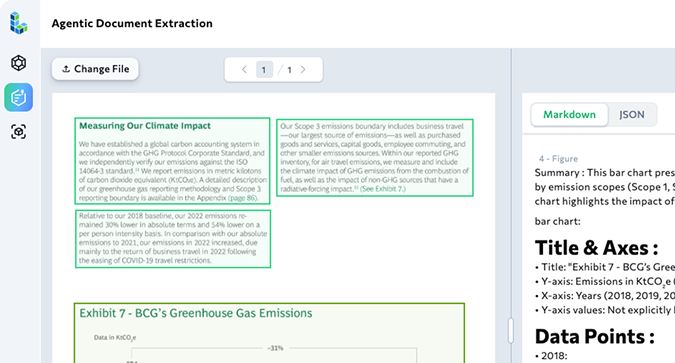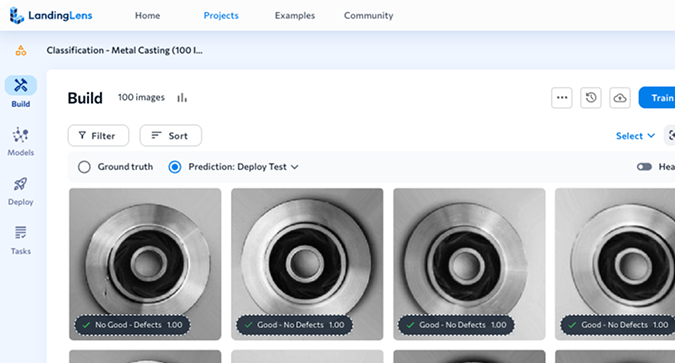
Applications of AI for Pharma Manufacturing
Machine vision systems and AI help medical and pharmaceutical manufacturers with quality control via automated inspection. LandingLens offers a standardized machine learning platform that improves inspection accuracy and reduces development time in pharma manufacturing, allowing companies to easily scale projects to multiple facilities.
Vision and AI in Pharmaceutical Manufacturing
LandingLens, an industry-first data-centric artificial intelligence (AI) visual inspection platform, helps improve inspection accuracy and reduce false positives. The end-to-end platform standardizes deep learning solutions that reduce development time and scale projects easily to multiple facilities across the globe. Discover the benefits of computer vision for pharma manufacturing and the use of AI in the pharmaceutical industry.
Meet Strict Regulations, Keep Compliant
- Medical and pharmaceutical companies must follow strict regulations from agencies such as the Food and Drug Administration. Maintaining product quality is key to complying with these regulations. LandingLens deep learning software can help companies stay compliant by improving inspection
- Manufacturers in this industry are also subject to process validations which help demonstrate that the manufacturing process will consistently produce conforming products. LandingLens can help support the validation process by maintaining clean, thorough data and results.
Achieve Zero Product Escapes
- There’s no room for error when it comes to manufacturing environments, and this is especially true for medical and pharmaceutical manufacturing. Companies need machine vision and deep learning software systems to prevent defective products from leaving the factory floor.
- This is crucial for avoiding corrective actions, increasing productivity, delivering quality products, and maintaining solid customer relationships.


